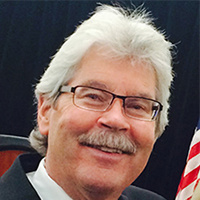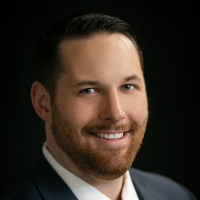Cohasset Criminal Lawyer, Massachusetts
Sponsored Law Firm
-
 x
x

Click For More Info:
-
Adam P. Beck, M.D., Esq.
25 Marston St Suite 303 Lawrence, MA 01841» view mapAccident & Injury Law Legal Expertise You Can Rely On
By working with lawyers who are also doctors, clients can benefit from advocates who have a deeper understanding of their physical injuries, medical needs, and prognoses.
800-383-8491
Francis T. O'Brien, Jr.
Francis T. O’Brien, Jr. is the founder of O'Brien Law Boston, a criminal law specialty firm. Formerly of counsel/director of criminal practice grou... (more)
J. Christopher Amrhein
✓ VERIFIEDAttorney J. Christopher Amrhein, a Top 100 Trial Lawyer, has been providing Massachusetts and the New England area with the highest quality legal repr... (more)
Christopher E. Sawin
✓ VERIFIEDChristopher E. Sawin is Founder and Principle Attorney of Sawin Law, P.C., where he concentrates his practice in family law, probate, estate planning,... (more)
FREE CONSULTATION
CONTACT Adam Beck Lawrence, MA
Adam Beck Lawrence, MA AboutAdam P. Beck, M.D., Esq.
AboutAdam P. Beck, M.D., Esq. Practice AreasExpertise
Practice AreasExpertise



